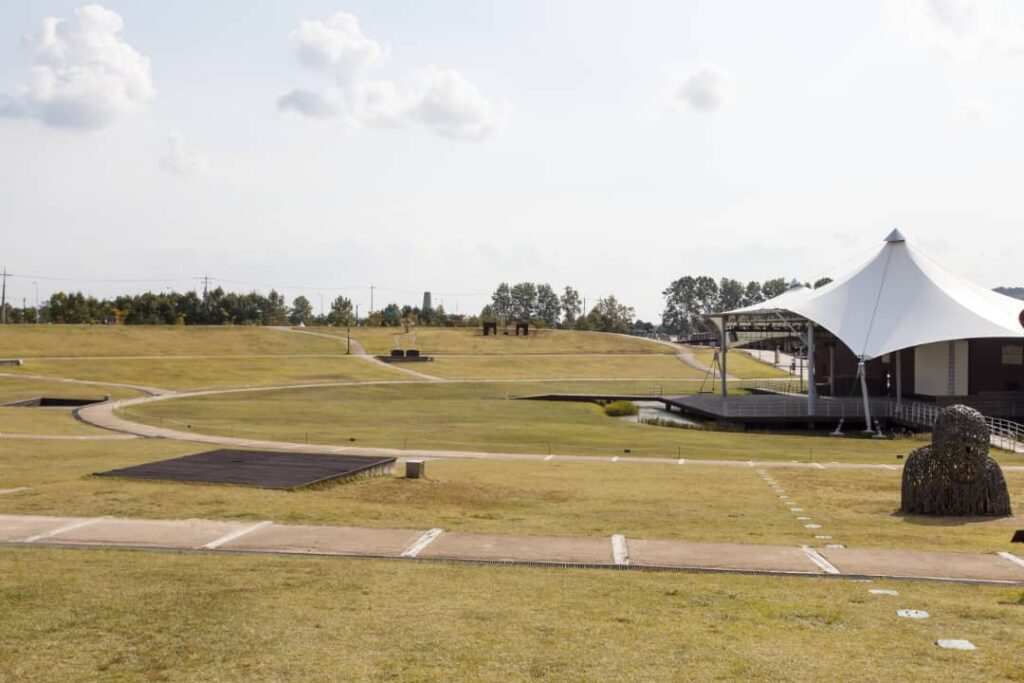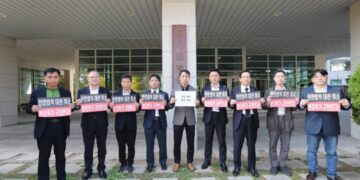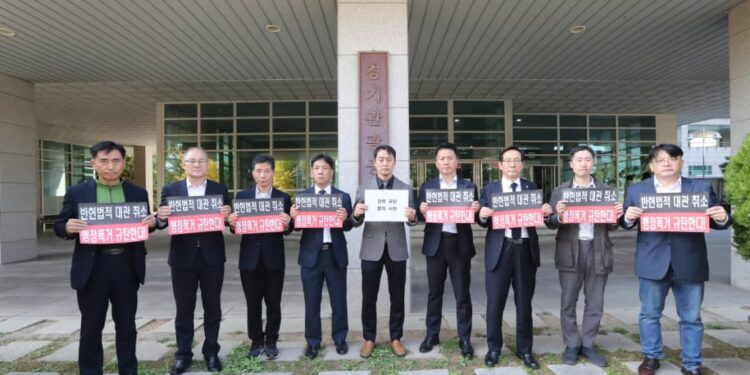A decision by the Gyeonggi Tourism Organization has sparked international outrage, raising concerns about religious freedom and intolerance in South Korea.
The organization abruptly canceled the venue rental for the “Religious Leaders Forum and Graduation Ceremony,” a joint initiative by the Association for Buddhist National Unification of Korea and Shincheonji Church of Jesus, without prior notice.
The event, scheduled to take place in Paju, South Korea, was expected to draw over 30,000 participants from 57 countries, including 1,000 religious leaders representing Christianity, Buddhism, Islam, and Hinduism. The cancellation has resulted in significant financial damage to the international event.
Organizers say that the cancellation constitutes an unconstitutional act of discrimination against a specific religion, violating religious freedom, human rights, and due process of law. They emphasize that other events scheduled for the same day were not affected, suggesting that the cancellation was targeted at a specific religious group.

The Gyeonggi Tourism Organization cited security concerns related to recent North Korean actions and the planned activities of a North Korean defector group as reasons for the cancellation. However, other events, such as civilian bike rides and foreign tourist visits to the DMZ, were permitted within the same designated area.
This incident has reignited international debate about religious freedom and tolerance in South Korea. The U.S. State Department’s International Religious Freedom Report has previously highlighted concerns, including the prosecution of Shincheonji Church of Jesus and the government’s refusal to approve mosque construction.
The Association for Buddhist National Unification of Korea and Shincheonji Church of Jesus urge the South Korean government to respect religious freedom, uphold human rights, and rectify this unjust decision. They also call upon international organizations to monitor the situation and take action to protect religious freedom.









